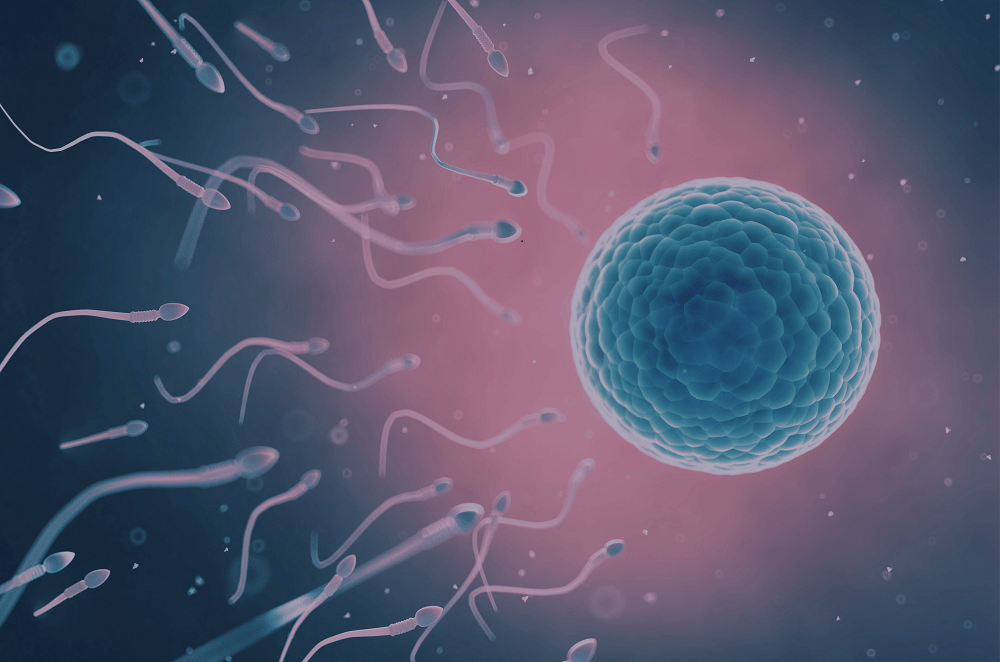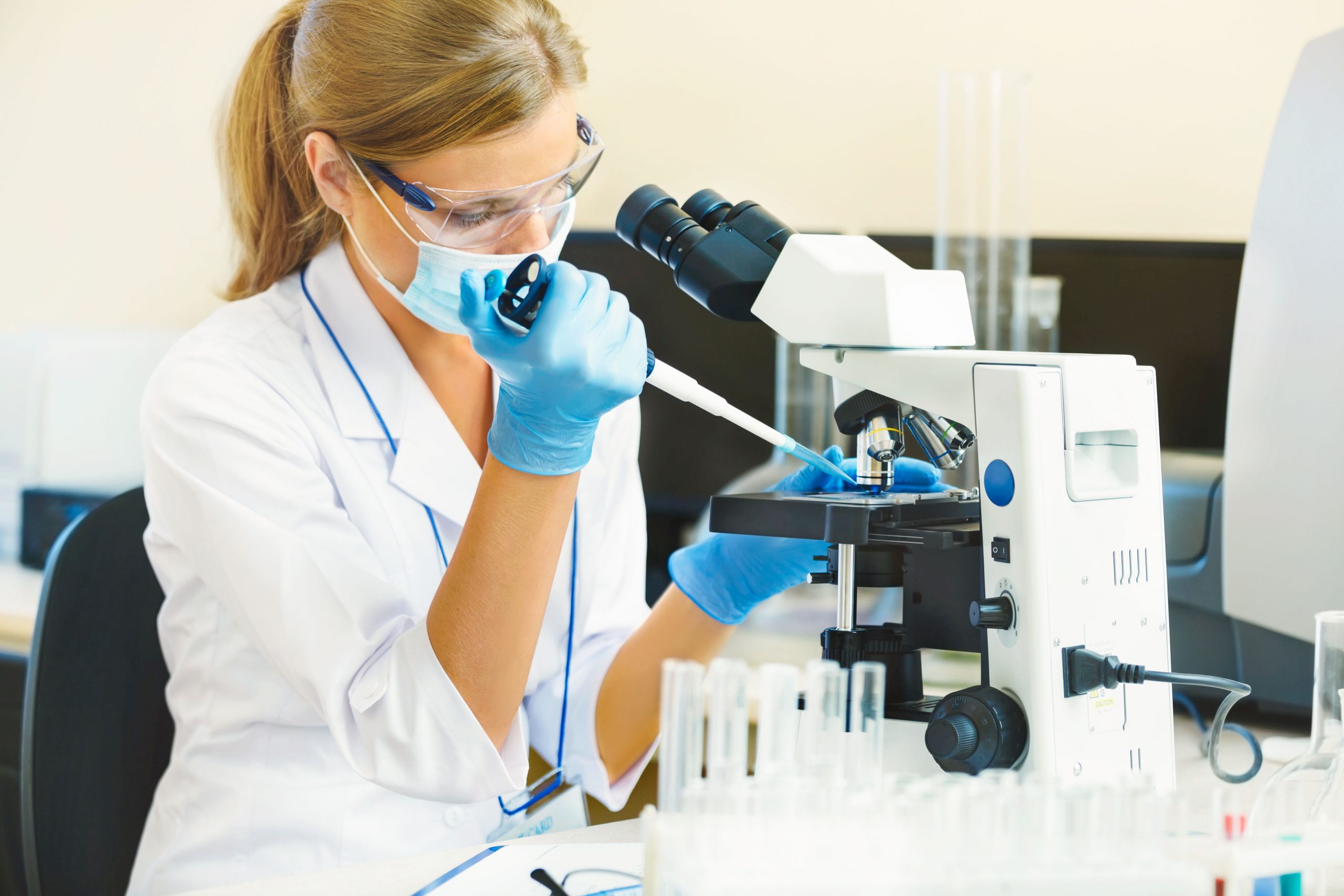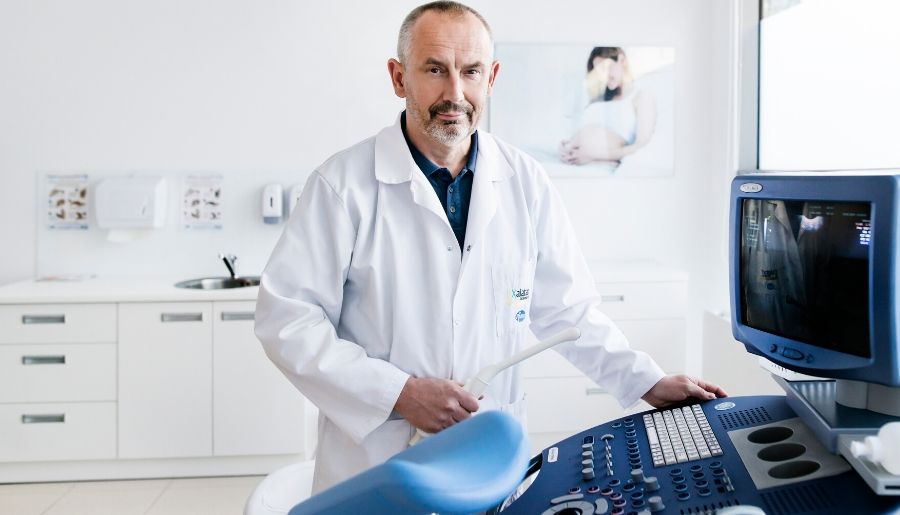Insemination Wrocław

Where to perform the insemination procedure in Wroclaw?
You will have the insemination procedure performed at the Gyncentrum Clinic in Wroclaw, 1 Orląt Lwowskich St. To perform an intrauterine insemination at Gyncentrum Wroclaw, you need to schedule an appointment in advance. This can be done in person or by contacting the Gyncentrum Hotline.
Arrange a surveyGyncentrum Clinic Wrocław
1 Orląt Lwowskich St.
Insemination – the simplest and least burdensome method of assisted reproduction.
Arrange a surveyInsemination involves direct injection into the uterine cavity of specially prepared semen taken from a partner or anonymous donor. Semen is administered through a thin catheter, which allows it to bypass the barrier of cervical mucus and the antibodies, bacteria and fungi in it. Insemination is performed during natural ovulation or hormonally stimulated ovulation.
AtGyncentrum Wrocław Clinic, we perform intrauterine insemination with semen from a partner or anonymous donor, along with beta hCG determination 14 days after the procedure. In addition, we use the innovative Fertile Chip sperm selection method, which allows us to select the sperm with the highest potential for fertilization.
 32 506 57 77
32 506 57 77
Who is the insemination procedure for?
The primary indication for insemination is infertility, which is, according to World Health Organization (WHO) criteria, the inability to achieve pregnancy for a period of 12 months, despite regular intercourse without using any contraceptives. Infertility can be caused by many factors, but not all of them will be an indication for insemination.
This procedure is offered to couples who:
- there is an inability to have vaginal intercourse,
- there is immune-mediated infertility, caused by the so-called hostile cervical mucus (there are antibodies in the mucus that act as spermicides),
- there are reduced semen parameters (low number, low sperm motility),
- there is endometriosis of the first and second degree,
- idiopathic infertility is present.
When is the insemination procedure not performed?
In some cases, insemination has little chance of success. For the procedure to be successful, certain conditions must be met. Otherwise, insemination may be completely unsuccessful and the doctor will decide to abandon the procedure.
Insemination is not performed in the case of:
- obstructed fallopian tubes – obstructed fallopian tubes are a prerequisite for insemination,
- uterine myomas,
- polyps,
- inflammatory conditions within the reproductive organs,
- disorders of the endometrium,
- semen parameters that do not meet the requirements (sperm concentration and motility significantly below normal),
- the presence of cancer,
- presence of bacteria in the partner’s semen.
Insemination step by step
Frequently asked questions
regarding insemination
In insemination, we use the natural reproductive potential of the partners. The sperm (after being properly prepared and injected into the uterus) themselves aim to fertilize the egg. The procedure is designed to help only bypass barriers that could prevent fertilization and facilitate the sperm’s path to the egg. In vitro fertilization (IVF) is already a more advanced and complex procedure. First, a woman must undergo ovulation stimulation so that as many ovarian follicles with egg cells inside as possible can be obtained. In the next stage, by means of puncture, the ova are retrieved and transferred to the laboratory, where the fusion of the ovum and the sperm already takes place. Fertilization thus takes place outside the woman’s body, rather than inside the body as in the case of insemination. The finished embryos are then cultured for several days and administered to the uterus – this stage is called embryo transfer.
Before insemination, in addition to a basic gynecological examination, a woman should have the following tests performed:
- evaluation of ovarian reserve (AMH, AFC, FSH, Estradiol).
- Sono-HSG (examination of the patency of the fallopian tubes)
- cytological examination
- virological examination (HIV, HCV, HBS, HBC, VDRL)
- testing for Chlamydia trachomatis, Mycoplasma genitalium, Ureoplasma urealitycum
For men, the only test required is a semen test.
The effectiveness of insemination depends on the cause of the couple’s problems. If the man and woman are healthy, and the reason for performing insemination is sexual dysfunction and the inability to have vaginal intercourse, then the chances of achieving pregnancy by means of intrauterine insemination will be about 25 – 30%, which is about the same as they are in young, healthy couples having intercourse at the most fertile moment of the cycle. However, it should be remembered that couples also benefit from intrauterine insemination for completely different indications – reduced sperm parameters, mild endometriosis, immunological disorders. In such cases, we can not expect the maximum effectiveness of the procedure – it will be from a few to several percent.
Are you unsuccessfully trying to have a child?
Make an appointment for a consultation with an infertility treatment specialist Gyncentrum Wrocław!
Types of insemination
Depending on the origin of the semen and where it is administered, there are several types of insemination. The most common method of semen administration is intrauterine insemination. If the partner’s semen is of good quality, then it is administered to the partner. If the semen is of poor quality or it is impossible to collect it, then it is suggested to use the semen of an anonymous donor.
Breakdown due to
by site of semen administration
- Intrauterine insemination – the man’s semen is placed into the uterine cavity. Most commonly performed and most effective.
- Cervicalinsemination – a man’s semen goes into the cervix.
- Intraovarianinsemination – a man’s semen goes into the fallopian tube. Currently, this type of insemination is performed the least frequently.
Division due to
origin of semen
- Insemination with partner’s semen – semen for insemination is donated on the day of the procedure at the Gyncentrum clinic. The minimum amount of sperm in semen required for insemination is 10 million per ml. Only sperm with adequate motility and morphology are used for insemination.
- Insemination with donor semen – in a situation where the partner’s semen does not meet the criteria required for insemination (adequate sperm count, motility and normal sperm morphology results) it is possible to use donor semen. Donor semen used for insemination is subjected to a grace period, during which detailed virological and microbiological tests are performed.
Price of insemination procedure in Wroclaw
Are you interested in the cost of insemination in Wroclaw? We invite you to read the price list or contact the Gyncentrum hotline at +48 735 122 777.
Read more
Thank you for filling out the form
We will soon contact you and offer a convenient date for the study.









